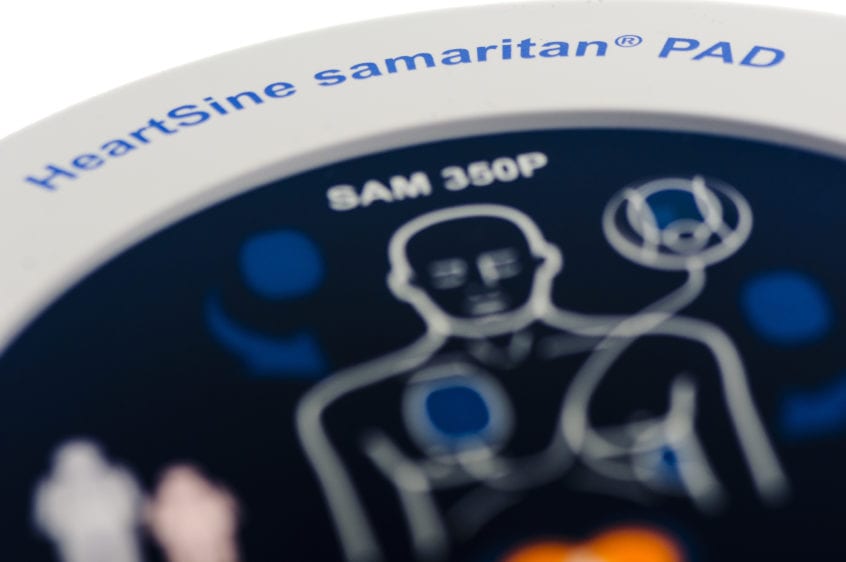Solid Logic behind Public Access to Defibrillation (PAD)

SCA (Sudden Cardiac Arrest) is the leading cause of death in the United States. It strikes people of all ages and fitness levels. When SCA strikes the one factor effecting survival more than any other is the timely application of defibrillation.
While contacting emergency personal should always be the first step in SCA response and CPR can and should be administered as quickly as possible, it is only by defibrillation that they heart can be restarted and returned to its proper beat pattern.
AEDs
AEDs (Automated External Defibrillators) are electronic devices that can be located where first responders, either professional or laypeople, can have access to them and provide lifesaving shocks to the victims of SCA and heart attack.
AEDs are easy-to-use medical devices that have the ability to analyze a person’s cardiac activity and determine if defibrillation is required. They use voice and visual prompts to walk a first responder through the steps that are best advised for the victim. These may include prompts for preforming CPR, aiding in the proper timing of chest compressions and rescue breaths. Many have found this to be of great assistance when under the stress of trying to save a life.
Public Access
With the prevalence of SCA events it is only logical that the lifesaving technology that AEDs be made available to public access. The AHA (American Heart Association) recommends that all areas such as malls, sports arenas, office buildings, communities, airports, or any other area with high traffic should be equipped with AEDs.
With little or no training an AED has the only true potential to save the life of a person in cardiac arrest. Response times from medical personal, on average, takes too much time and with the victim’s chances of survival dropping at a rate of 7-10 percent per minute, seconds count.
Bearing all of these facts in mind making AEDs available in public areas is not really a matter for debate but a logical solution to an ever growing problem.



